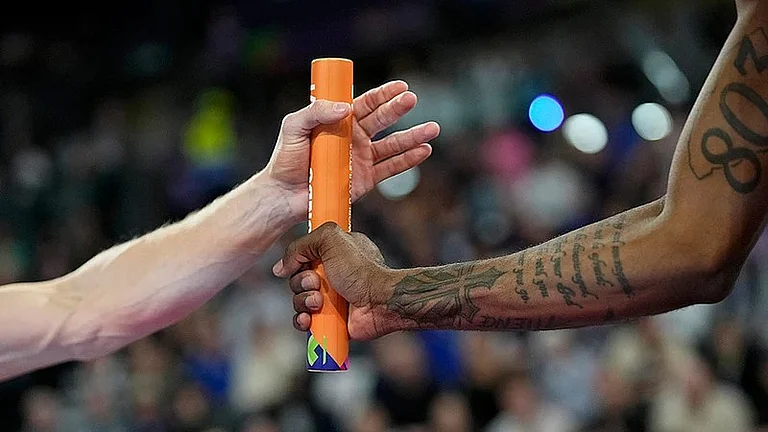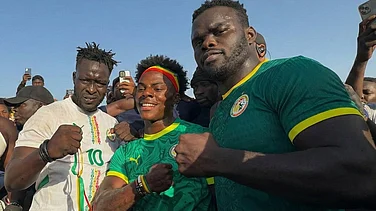The Indian Olympic Association (IOC) officially submitted its 'Letter of Intent' to the International Olympic Committee (IOC) on October 1, signalling India's aspiration to host the 2036 Summer Olympics. (More Sports News)
This move marks a crucial step in the country’s journey to bring the biggest global sporting event to Indian soil. The bid follows months of informal discussions with the IOC and positions India as a serious contender in the highly competitive race for the 2036 Games.
India’s bid is part of a broader effort to elevate its sports infrastructure and global standing. Prime Minister Narendra Modi has voiced the government's commitment, emphasizing that India will leave no stone unturned to secure the Olympics.
The country has been rapidly developing its sports facilities, driven by a vision to transform its sporting landscape. Hosting the Games is seen as a major opportunity to not only boost the sports sector but also stimulate socio-economic benefits like tourism, job creation, and infrastructure development.
However, India face tight competition. The IOC president, Thomas Bach has already revealed that the number of countries running for hosting rights of Olympics 2036 is in "double-digits".
Among them, Qatar and Saudi Arabia are likely to be India's main rivals. Both nations have been investing heavily in sports infrastructure, with Qatar’s successful hosting of the 2022 FIFA World Cup and Saudi Arabia's growing presence in global sporting events further raising their profile.
Other countries like Turkey, Indonesia, and Chile are also competing for the Olympic spotlight. Turkey’s Istanbul has bid unsuccessfully for the Games four times, while Indonesia is building on its past successes, including hosting the 2018 Asian Games. Chile and Egypt have also expressed strong interest, positioning themselves as potential candidates in the race.
India’s bid enters the "Continuous Dialogue" phase of the IOC’s Future Host process, where a feasibility study will assess the country's readiness, including infrastructure, sustainability, and human rights concerns. After this stage, if deemed suitable, India could be selected as a “Preferred Host,” moving it one step closer to the official election by the IOC members.
Financial considerations also play a crucial role in hosting such a massive event. While the Olympics can boost tourism and create jobs, they can also be financially burdensome, as seen in past Games like Montreal 1976 and Athens 2004, where costs spiralled out of control.
However, cities like London 2012 have shown that with careful planning, the Games can leave lasting economic benefits through well-utilized infrastructure and long-term venue use.
India's bid is strategically backed by the government, sports bodies, and local authorities, who are working to create a robust plan that aligns with the IOC’s criteria. If successful, the 2036 Olympics would be a transformative milestone in India’s sports history.




























